10 Emergency Equipment For Every Veterinary Hospital
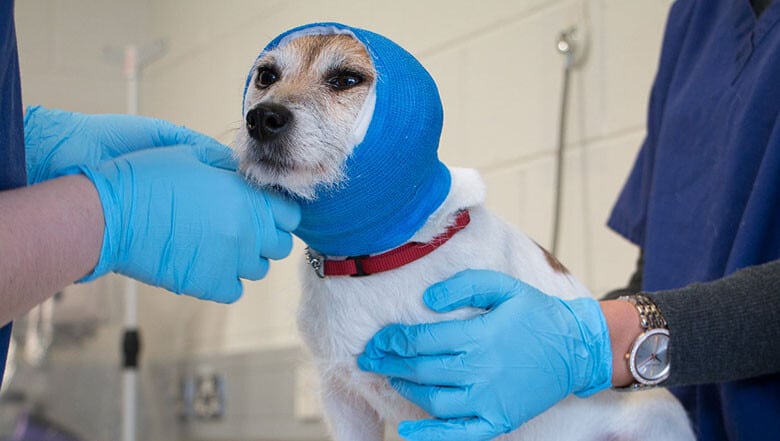
Veterinary Emergency Equipment is an important part of the List of Veterinary Equipment and Tools Essential for any veterinary hospital. It is essential that we must have all the equipment and tools on hand to handle emergencies effectively. Every pet owner relies on a veterinary hospital in case of any emergency so it’s important that the hospital must provide the necessary care in case of an emergency. From defibrillators and oxygen delivery systems to intravenous fluid pumps and emergency medications, if you have the right equipment you can save an animal’s life easily. In this article, we will discuss some of the essential emergency equipment that every veterinary hospital should have.
1- Oxygen Delivery System
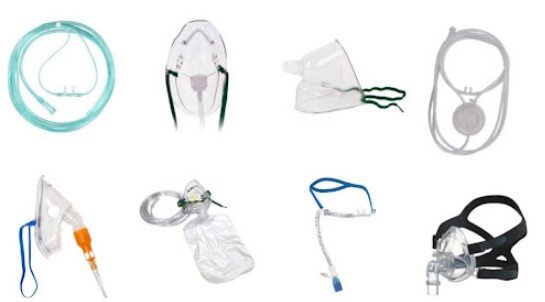
One of the most important emergency equipment for a veterinary hospital is an oxygen delivery system. When an animal is struggling to breathe it provides supplemental oxygen to help them breathe in respiratory distress. An oxygen delivery system has four main parts oxygen cylinder, a flow meter, a regulator, and an oxygen mask. In order to make sure that the oxygen cylinder is working correctly it must be filled with oxygen on regular basis and always ready for use.
2- Defibrillator
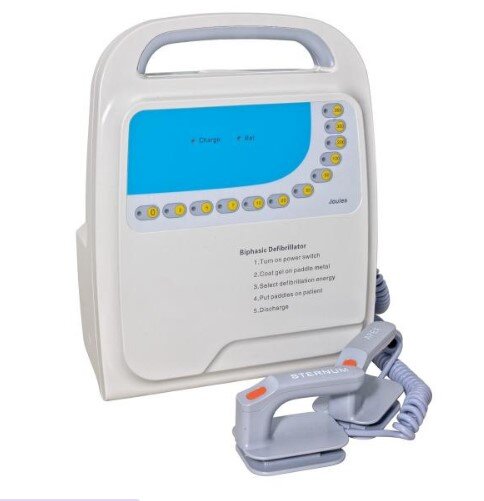
Cardiac arrest is one of the main issues that most animals can suffer through in their life. A defibrillator is an equipment that will be used in such conditions to save the animal’s life. It works by giving an electrical shock to the heart and restoring its normal activity. It is a very easy-to-use defibrillator and the whole veterinary staff must be trained to use it. It is crucial to have a defibrillator readily available, as every minute counts in cases of cardiac arrest.
3- Intravenous Fluid Pump
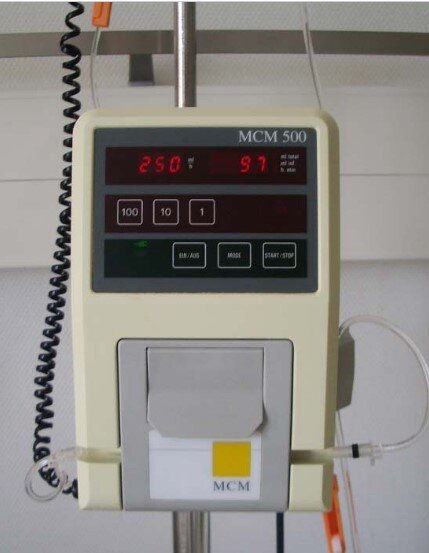
An intravenous fluid pump can also help save the lives of animals and it must be available in every veterinary hospital. It works by delivering the fluid directly to the animal veins and is mostly used in cases of shock, dehydration, and other issues in which immediate fluid therapy is necessary. An intravenous fluid pump is easy to use and can be set to deliver precise amounts of fluids over a set period of time.
4- Emergency Medications
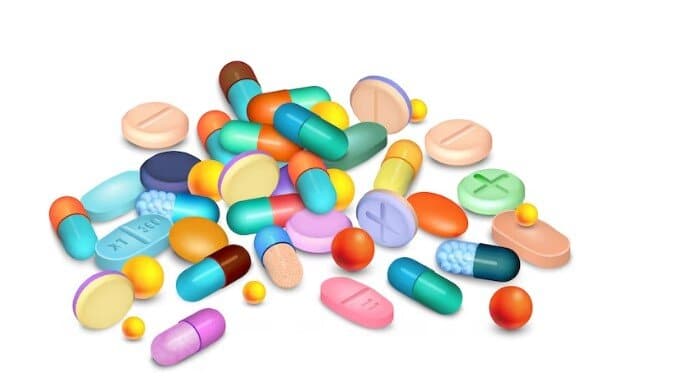
Emergency medications should be available every time in all veterinary hospitals. They are the must-have for all the emergency conditions like seizures, anaphylaxis, and cardiac arrest. Different medicines are used in different conditions but the most important medicines used are antihistamines, epinephrine, atropine, and diazepam. It is important to ensure that emergency medications are stored correctly and have not expired.
5- Suction Machine
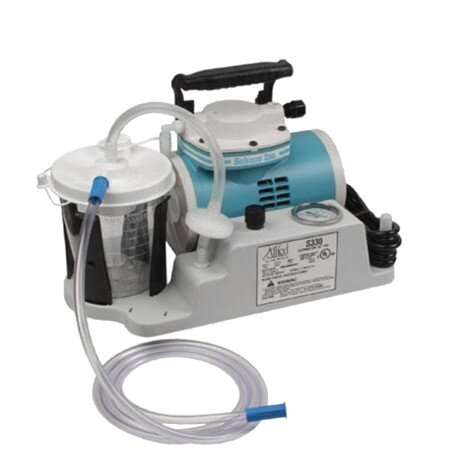
A suction machine is an essential piece of equipment in a veterinary hospital. The main purpose of the suction machine is to remove debris and fluids from an animal’s airways in case of emergency procedures. The main parts of a suction machine are tubing, a vacuum pump, and a collection canister. It is important to make sure that the suction machine is functioning correctly and that the collection canister is emptied regularly.
6- Diagnostic Equipment
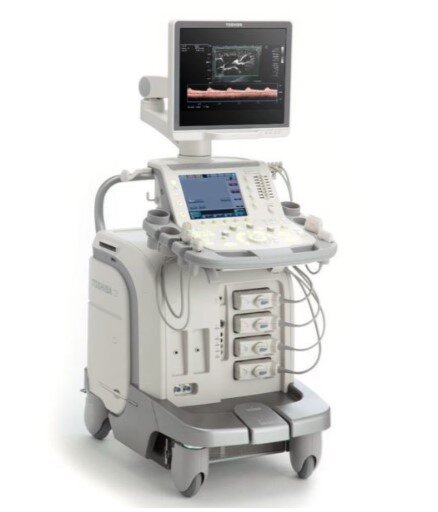
As a vet, you will also need diagnostic types of equipment to deal with different emergencies. The most essential diagnostic equipment for every hospital is a pulse oximeter, blood pressure monitor, ECG, and ultrasound machine. This diagnostic equipment help in identifying the actual cause of an emergency and what should be the best treatment for it. It is important to ensure that diagnostic equipment is well-maintained and functioning correctly.
7- Splints and Bandages
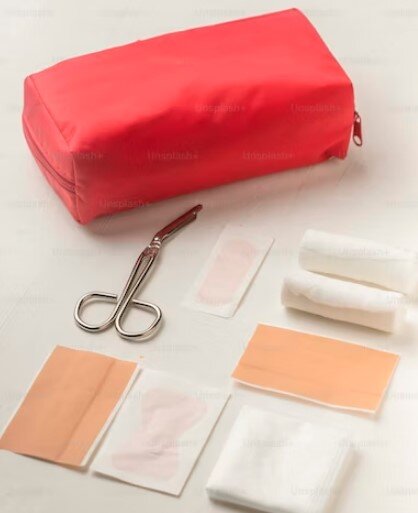
In case of fractures and wounds splints and bandages is the necessary emergency equipment. Splints help is immobilizing broken bones and bandages help control bleeding and protect the injury site from infection. It is important to have a variety of sizes and types of splints and bandages on hand to meet the needs of different animals.
8- Heating Pads
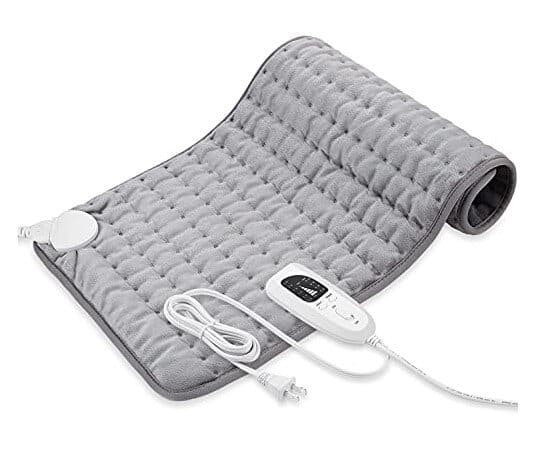
Sometimes the animals come to hospitals suffering from shock or hypothermia. In such conditions animals need warmth and you must have heating pads in your hospital to provide this facility. As an emergency care provider, the heating pads should always be kept ready to be used in emergencies.
9- Emergency Lighting
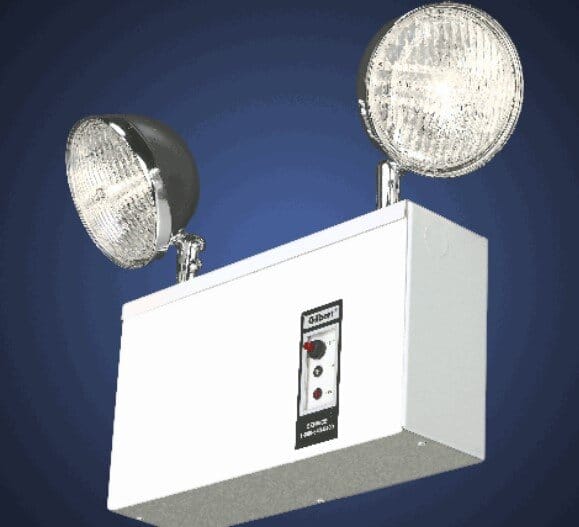
When it comes to Emergency lighting veterinary hospitals are no different from any other business. They need a reliable source of light that can function in the event of a power outage, as well as one that is bright enough to aid in the treatment of animals.
In many cases, this means installing an emergency lighting system that uses LED bulbs and batteries. This type of system is easier to maintain than traditional fluorescent tube lights and does not require frequent maintenance or replacement. The batteries can last for years without needing to be replaced, which is great news for those who don’t want to worry about how much money they’re spending on their emergency lighting system every year.
10- Resuscitation Kit
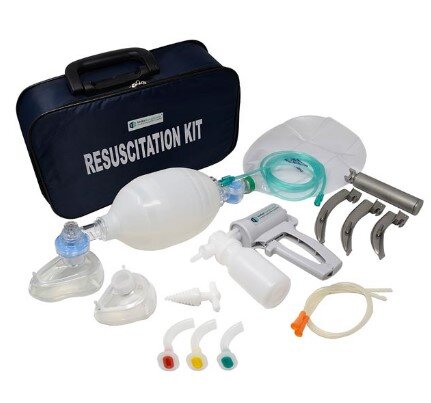
Resuscitation Kit in a veterinary hospital can be used to revive a patient who has stopped breathing. It should only be used if the cause of death is due to a lack of oxygen. The kit can also be used to stabilize an animal that is having trouble breathing and may not be able to breathe on its own. The kit typically includes an airway kit, bag valve mask, endotracheal tubes, and a laryngoscope. A resuscitation kit should be readily available in the hospital, and staff should be trained in its use.
Conclusion
Having the right Veterinary emergency equipment in a veterinary hospital is crucial in providing the best care for animals in times of need. Equipment such as oxygen delivery systems, defibrillators, intravenous fluid pumps, emergency medications, suction machines, diagnostic equipment, splints and bandages, heating pads, emergency lighting, and resuscitation kits are essential in handling emergencies quickly and effectively. It is important for veterinary hospitals to have well-maintained equipment that is regularly checked and stocked with all necessary items. With the right equipment and trained staff, veterinary hospitals can provide the best possible care for animals in times of emergency.
Read More: List of Veterinary Equipment and Tools Essential For Your Vet Clinic
Do You Want To Increase Your Veterinary Knowledge and Practical Skills?
You Can Now Browse and Download +3000 Veterinary Books Online In All Veterinary Fields.
Download All Veterinary Books
